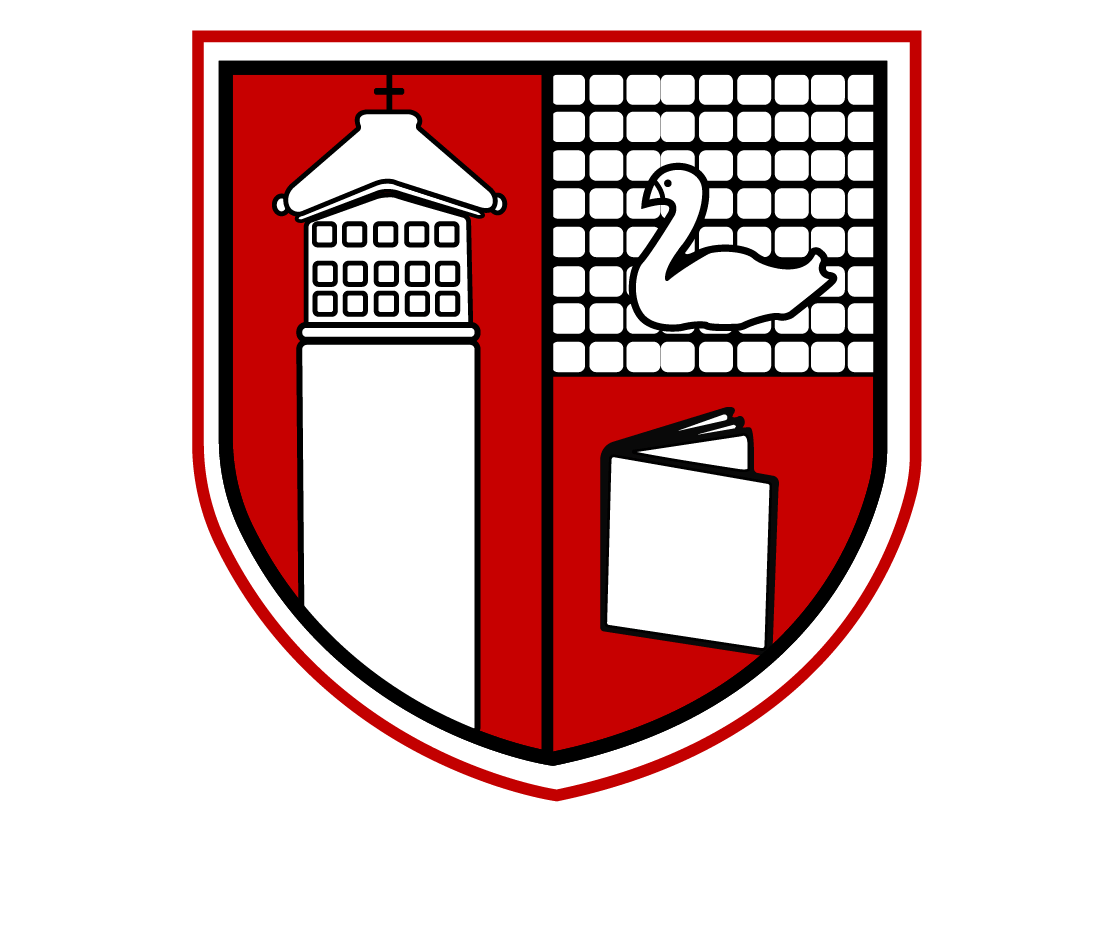2022-2023
The Role and Responsibilities of the Governing Body
Governing bodies make key strategic decisions within schools. It is their role to set the school's strategic framework and to ensure that all statutory duties are met. They work with the Headteacher and Senior Leadership Team to set the school's vision, values and aims. They also play a key part in ensuring that resources are used appropriately to provide the children with the best possible opportunities to learn and be educated, school’s performance standards are included in this.
Governors make decisions about school policies, school priorities and performance targets. They oversee the school's budget making sure that the school obtains value for money. The Governors support and challenge the Headteacher and staff on how well the school performs. They do this by visiting the school regularly, getting to know its strengths and areas for development. These areas become the school priorities which are a standing item on the full governing body's agenda. Governors are required to meet once a term. At Dunstable Icknield Lower we meet more frequently.
In all types of schools, governing bodies should have a strong focus on three core strategic functions:
- Ensuring clarity of vision, ethos and strategic direction.
- Holding the head teacher and senior leaders to account for the educational performance of the school and its pupils.
- Overseeing the financial performance of the school and making sure its money is well spent.
These functions are reflected in regulations for maintained schools that came into force in September 2013 and in the criteria Ofsted inspectors use to judge the effectiveness of governance in both maintained schools and academies.
See: gov.uk/government/publications/governors-handbook
In practice, governors are a group of volunteers who include parents, staff and members of the local community who act collectively to make decisions that matter to the school, and are motivated to do the best for the children of the school.
Governance at Dunstable Icknield Lower School
Dunstable Icknield Lower School Full Governing Body (FGB) is currently constituted of 12 members. The FGB operates under the leadership of a chair, vice-chair and with the help of a professional clerk. The FGB meets once a term, and additionally operates with three committees, each of which meets at least half-termly. These are: Standards and Resources, Resources includes matters relating to Finance and Premises. The Personnel Committee meets as necessary and is responsible for appointments and advising the FGB about Pay and Performance. Dunstable Icknield Lower School governors come from a range of backgrounds: parents, staff, the local authority and the wider community. We aim to fill our vacancies with people who have a range of relevant skills and most importantly are committed to acting in the best interests of the children and their learning.
How to Become a Governor at Dunstable Icknield Lower School
A good school governor is someone who cares about children’s education, enjoys working as part of a team, likes to discuss and shares ideas and of course is able to give time. If you are interested in becoming a governor at Dunstable Icknield Lower School, please contact the Clerk via the school office. All governor appointments are subject to an enhanced disclosure check by the Disclosure and Barring Service.
How to contact Dunstable Icknield Lower School's Governors
If you have a concern that touches on the day-to-day life of the school, or an issue that is affecting your child, you should speak to your child’s teacher. Alternatively you can speak to the deputy head or the Headteacher.
Should you wish to contact the Governors you may write to them via the school office.
